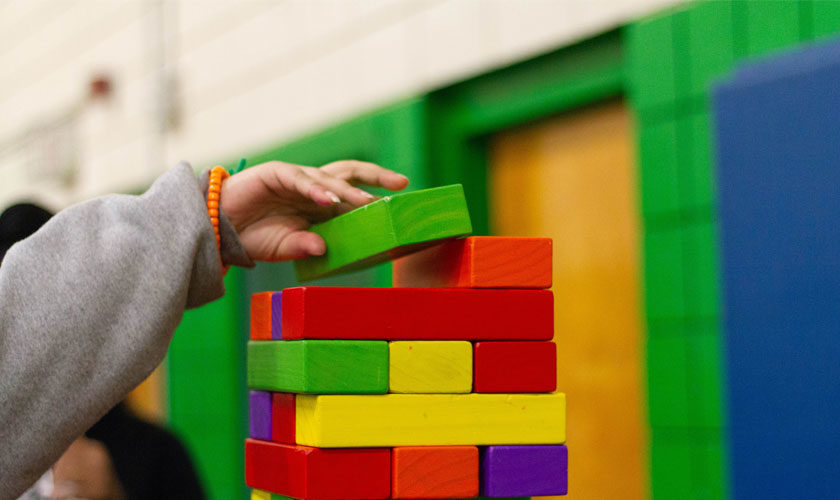Abstract: Previous research has shown that providing choices may result in an increase in appropriate behavior and a decrease in inappropriate behavior; however, the process by which choice results in a behavior change is unknown. In the current study, we replicated and extended previous research by determining the prevalence of preference for choice in a large number of children and evaluating whether a history of differential outcomes associated with choice and no choice resulted in changes in preference for those conditions. Results from Study 1 showed that the majority of participants preferred choice contexts when child choice and experimenter choice resulted in identical outcomes. In Study 2, participants’ preferences were altered when child choice and experimenter choice resulted in differential outcomes, but a history with differential outcomes did not produce a reliable and durable effect on selections.
Unlocking the magic within your child.
The Value of Choice as a Reinforcer for Typically Developing Children
Ready to Get Started?
See if Yellow Brick Academy is right for you and your child.


